Balatro rescued me.
That’s it, that’s the article. Have a great d–
…okay, so I just received an email saying that for some reason, I can’t post a bombastic headline like that and not expect to be fact-checked. I dare say modern media consumption would say otherwise, but I am a journalist of high integrity. So allow me to explain.
I am definitely not the first to say that video games saved my life. Countless articles have been written promoting the positive links between video games and improvement in the arena of mental health, including depression, mood disorders, and anxiety. Academic studies have even linked positive health effects on obese children via Dance Dance Revolution and other physical rhythm games. As much as anybody still uses Tumblr, there are even whole Tumblr pages dedicated to the positive aspects of video gaming in combating things like loneliness, grief, and even addiction.
I always love reading these stories. Since ignorant politicians tried nailing video games for a multitude of naughty things from increased sexual assault attempts thanks to the absurd B-movie schlock of Night Trap to blaming Doom for the Columbine massacre, whenever a feel-good gaming article comes up, I consume it, enjoy it, and think, yes, this is the stuff. Somebody gets it.
I always loved reading those stories, but I never thought I would become one.

I’ll have to start with an exceptionally-condensed version of my backstory in order to proceed: I’m Ryan, and except for eight years spent in Las Vegas, I’m Southern California born and bred. High school in Simi Valley, college in Santa Barbara, a mostly healthy career with a certain mouse in Anaheim, and a fledgling attempt at a writing career in Long Beach. All within the Southern California homeland, and there was no place I’d rather call home.
The pandemic wasn’t good to me, mentally or emotionally, and I still have some work to address some of the damage the lockdown did to me. My once ridiculously optimistic outlook on life waned, and I became more of an opti-realist – sh*t sucks but we’re going to try our best anyway.
Finally, come the end of last year, my best wasn’t going to be good enough. My roommates, the great people that they are, finally had had enough. I was trying to find writing work in a scene becoming rife with AI. One where an entry-level writer was expected to do the work of a staff writer, editor, image curator, and graphic designer. And by God you had better keep those pieces coming for nickels on the dollar. I had become more and more prone to depression, anxiety, and panic attacks. Self-medicating was never helpful to begin with but began helping less and less.
My roommates gave me 60 days to find a new spot. To be fair, they didn’t treat me any differently. They were kind to the bitter end. They just made things clear – to quote Semisonic’s “Closing Time,” “you don’t have to go home / but you can’t stay here.”
With doors shutting left and right in California, one of the few that opened up was with a “friend” I had known online for nearly ten years. He lived on the East Coast, in Pittsburgh, Pennsylvania. He said he would help me; I had no one else extending a hand, so with only a few days left before the deadline, I took him up on his offer. I do not want to turn this into a tale of pity and woe, but what followed in the month of December is as follows:
First, this friend believing we were in a relationship despite my repeated insistence to the contrary, secret alcoholism being discovered while being pulled over en route to a job interview, a shouting match, being booted out by a militant landlady, taking temporary residence with a sadistic narcissist boxer with an underwater record who made porn on the side, who threw me out because I didn’t get a job within my first two weeks and didn’t understand how I wasn’t consumed with vanity (words I never thought I would string together in that particular order), who left me standing in sub-freezing temperatures as he ordered an Uber for me then cancelled it without telling me as he watched from his window, which led to me calling 911 saying I was about to lay down in the middle of the road.
After a fourteen-day stint in a suicide crisis center, I was then unceremoniously dumped in a Pittsburgh homeless shelter. And “dumped” is the exact word I mean. No warning about what I would be up against, who to reach out to in order to understand, or how to escape the situation.
Every day was a fight. Every night I laid down on the cot, I was grateful I had survived, and hoped I wouldn’t be stabbed or robbed. Every day I took off running to the library, desperate to not be associated with the insanity that I would later go on to dub “Arkham Asylum.” When I landed the part-time job I have now, it moved me up to what I called the “high rent” district of the shelter, where I no longer had to contend for a bed every night; I was assigned one. It was the top bunk in a bunk bed pair, dead in the center of a big room; absolutely awful for an anxiety sufferer like me, but it was what it was.
As I adjusted to the new routine – wake up, go to the library, go to work, sneak back home – I had some time to potentially find writing work. I had nothing to lose at this point, right? I shot my shot via Bluesky to another web outlet, which took a chance on me. We were both satisfied with the other party, and I began writing for the site. In the course of this time, I had discovered a Kickstarter about a magical girl deck-building game. Game writing, obviously, is one of my passions, and I wanted to show the editor what I can do when writing about games.
I tend to play a little of everything, but not so much with deck-builders. My feeble little laptop being on its last legs, I knew it would probably max out at two examples of the genre. So, after reactivating my dusty Steam account, I bought and downloaded Slay the Spire and Balatro. Slay the Spire is by no means a bad game – quite the opposite in fact. Everything was fun, but the game just didn’t resonate with me.
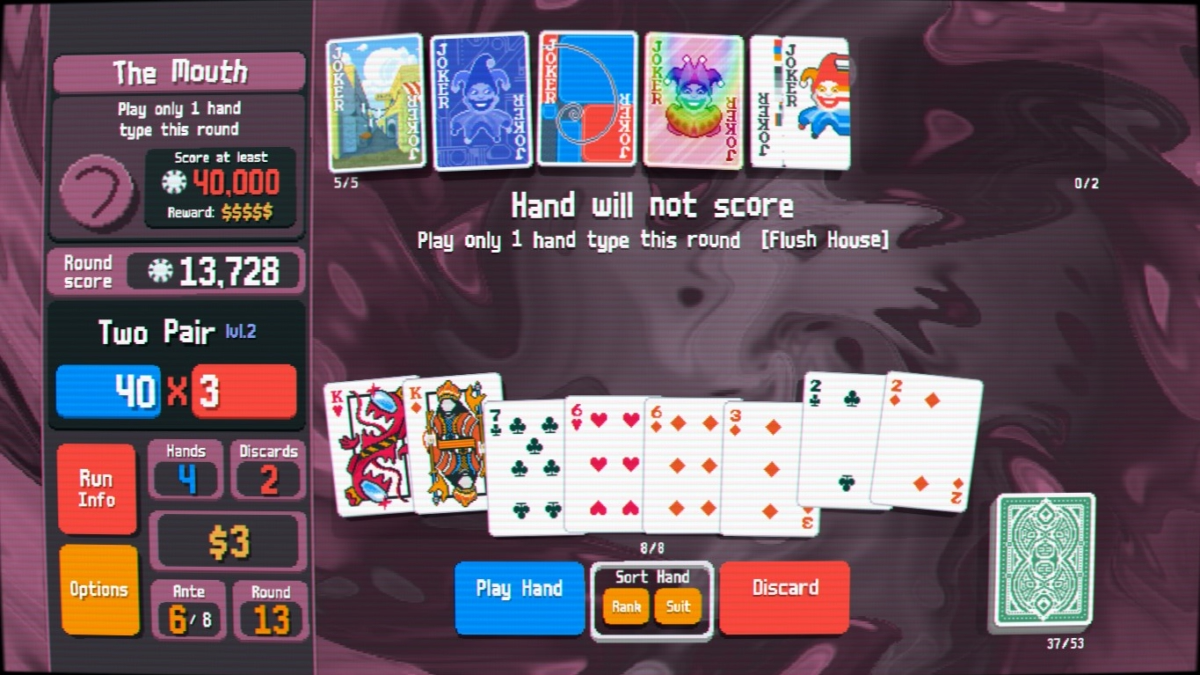
Balatro, on the other hand, was the right game at the right place in time for exactly what I needed to experience, and I will be forever grateful for it. In fact, here are some lessons I took away from Balatro that helped me through my time of homelessness.
1. Balatro, like life, is easy to learn but hard to master.
For those that haven’t given Balatro a spin – and if you haven’t, I recommend you rectify that immediately, it’s on just about every platform – the basics are simple. It’s a rogue-like deck-building solitaire game that utilizes poker hands. Each game has eight antes with three blinds each. Each blind increases its target score, with the last blind, the Boss Blind, imposing a stipulation during the round. The player makes poker hands to reach the target score, with each round won earning in-game dollars to hit the Shop in between blinds.
This is where the strategy really kicks in, as each Shop will offer items to improve a player’s run and increase their chances of completing the run. Enhanced playing cards can be added to the player’s initial deck, which will offer a variety of bonuses. Tarot cards and Spectral cards can be used to augment the current cards in the deck in various ways. Planet cards can increase the initial score of specific poker hands.
And then there are the Jokers. All 150 of them. One hundred and fifty. From the simple (adds +2 to your Multiplier each turn) to the complex (will multiply your Multiplier by 3 if there is at least one of each suit in a played hand), the stable (earn an extra $4 when you win a round) to the risky (the Misprint is random every time it is played), a player’s whole run is ruled by the synergy of the active jokers.
Easy to learn, hard to master, much like life. We all know what we’re supposed to do (and I use that term very loosely), and we get taught some things, like how to shave, or the basics of money. But are we taught to do it well? If my credit score I’ve been trying to revive for the past decade is any sort of evidence, not always.
As a Xennial, the ongoing joke is that we’ve never really learned to adult right. But that’s closer to the truth than we might like to admit. Trial and error sometimes is the only path. You may know what a joker does in Balatro, but do you know how to best utilize it?
Easy to learn, hard to master.
2. Sometimes the deck is stacked against you; sometimes you just don’t play the cards right.
Homelessness is chronic. Those who see housing-instability as a symptom of some moral failing may refuse to face this fact, but the point stands: people say they want to help eradicate homelessness, but they don’t actually want to do anything. On top of that, those who actually have the nobility to want to help are forced to contend with budget controllers, often determined by people who see homelessness, again, as a moral failing.
For those who are actively working to escape homelessness, it’s not hyperbole to say sometimes the deck is stacked against you.
Balatro can feel like this at times. No matter how many multipliers you add to the joker rack, and no matter how many mighty bananas you may come up on, if you’re randomly dealt a shitty hand, there’s only so hard you can push a meager solo Jack. Even if things are going well, sometimes you start pushing a hand towards running hard on face cards, and run into a Boss Blind that nerfs all the face cards in your deck.
It be like dat sometimes.
But the flipside to this point is that sometimes, you just have to “git gud.” At one point in my Balatro experience, I kept wondering why, if I was coming up on some decent jokers, why I kept failing runs, when I was playing with a Ceremonial Dagger Joker. This particular joker would destroy whatever joker was immediately to the right of it, and add double its sell value to the Blade’s multiplier. Sounds good, but why would I want to use a joker that actively takes away other jokers? That’s when I discovered that it’s possible to rearrange the layout of the jokers mid-run, and if I wanted to preserve a certain joker, I needed to move the Ceremonial Dagger somewhere else or move it all the way to the right to preserve them all. No value would be added to the Blade, but if that multiplier was a healthy amount, the cognizance would do me good.
Or, put another way, I had to learn to play that joker better. Just as in life, sometimes you do get things by being forceful, but at the cost of intrapersonal capital (or, in the vernacular, people think you’re a shitbag). And when I popped off, usually I wasn’t even angry; instead, I was speaking from anxiety or panic, that I would miss an opportunity for help or I was scared I was going to lose even more than I had. But when I took a moment to stop, breathe deeply, center where I could, and re-approach the situation with calmness and empathy for the people I was working with, I found it was possible that I could request that my needs be met while understanding that the other person was oftentimes working within boundaries and limitations that was forcing their hand.
You get more flies with honey, as the old saying goes.
3. Sometimes it’s worth it to change strategies.
In Balatro and basically everything in life, there is never one thing that always works for everyone every single time. Sometimes you gotta switch things up.
My preferred Balatro strategy usually leans hard on the flush – five cards of the same suit. In Balatro, that means a few things: In any Celestial Pack, look for Jupiter, as it bumps your flush play a level higher, and start fixing your deck to lean toward one or two suits dominating, whether that being adding Wild Cards to your deck, or using Tarot cards like The Sun to start converting other suits to the target suit.
People who pursue this strategy will love to see the Smeared Joker show up. This joker will smear the lines between Hearts and Diamonds and Spades and Clubs. Therefore, as long as the five cards are all red or all black, it counts as a flush. (Additionally, any jokers that influence Hearts will influence Diamonds as well, and down the suit line.) For a flush-forward strategy, Smeared Joker is a godsend, and in fact was critical to helping me win my first run.
You would think I would pick up Smeared Joker every time. But as players unlock things from run wins, strategy changes. When players unlock the Checkered Deck, they start with a deck of 52 cards, but instead of thirteen cards of each suit, they start with 26 Hearts and 26 Spades. No Diamonds, no Clubs. In this scenario, my beloved Smeared Joker doesn’t do diddily-poop.
When I became housing-instable, my first instinct was to rely on what had always worked – reach out for a kind hand. The problem was that there weren’t as many kind hands to go around. When I looked at the list of people who gave a f*ck about me, I was the last name left on the list. It was time I learned to give a f*ck about myself. Kind hands would do me as good as the Smeared Joker on the Checkered Deck – it had worked in the past, but I was going to have to do something different. Now, I sometimes give a f*ck about myself. It’s not always a big f*ck, and it’s not always consistent – I’m not an expert at this yet – but I can do it sometimes now. And I know I can get better.
4. Don’t ever give up.
I distinctly remember my first near-miss. I had finally made it to the final ante, eight out of eight. I had survived both the Small Blind and the Big Blind, and was now against the final Boss Blind. The final Boss Blind always pulls from a rogue’s gallery of especially brutal blinds, and I was up against the Violet Vessel, a final Boss with an obscenely large score requirement. I was barely squeaking by the other two Blinds this ante; watching the threshold climb six-fold made my heart sink. I gave it my all but didn’t even make it halfway there.
My first thought while staring at the Game Over screen was, “I have to try again.”
It’s a phenomenon I mainly take note of in puzzle games, the “One More Go” phenomenon. A good puzzle game presents a challenge, but never makes you feel like the challenge is insurmountable; a great puzzle game makes you immediately pick up your controller and set out for “One More Go.”
While searching for programs that could find me housing, one particular local agency was difficult to work with. First they told me that I was ineligible for help, then they finally relented and let me go through with the application. They told me I wouldn’t qualify for help, but they finally let me do a supplementary application when they found out I was working with a psychiatric agency. They turned me down a third time.
When we found the application for my current apartment building and applicable program subsidies, after three strikeouts, my depression said it would never work. But this program was found independently of that local agency, and I went ahead with it, saying that if they reject me, the most I would lose is twenty minutes of paperwork.
I gave it one more go. And when I hadn’t heard back, I called to follow up. And after the interview with the property coordinator, I called to follow up again. I kept giving it one more go, and through persistence (as well as doing the due diligence required on my end), I wound up in my apartment in half the usual time.
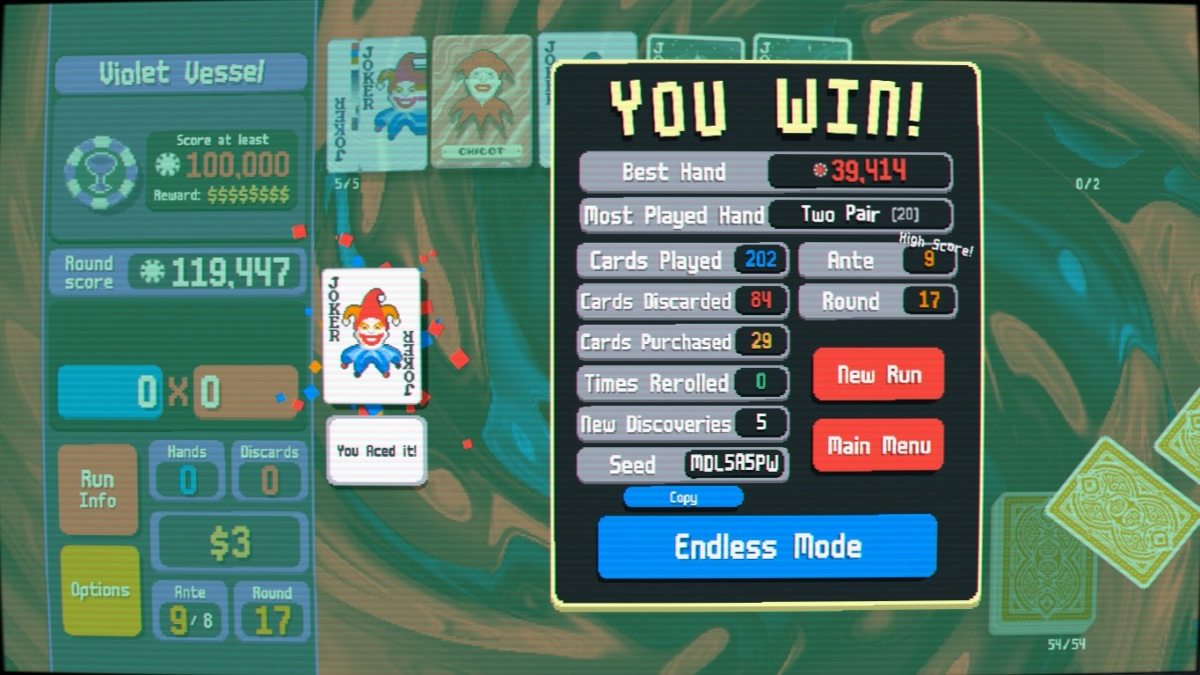
5. Winning feels good.
Tucked away in a corner of the homeless shelter the staff started calling “my office,” where I did some job hunting and some writing amongst the madness, I finally beat my first run of Balatro and let out an audible squeal. No one else played the game, no one else understood my excitement. But the stars had finally aligned. I had gotten good enough, and the cards finally played my way, thanks to a lucky break finding the Boss Blind-nerfing joker Chicot. I beat the run.
I won.
And the thrill of winning was great, but not nearly as thrilling as when I saw my new apartment. Long work, lots of doubt, and lots of temptation management had finally paid off. When I went back to the shelter, I couldn’t shut up. I didn’t necessarily get close to a ton of people, but the few I did, I talked about the exciting view out to the Cultural District of Pittsburgh. I talked about how I would be picking up the keys in a week. I talked about what I would eat first in my new place (pizza, by the way).
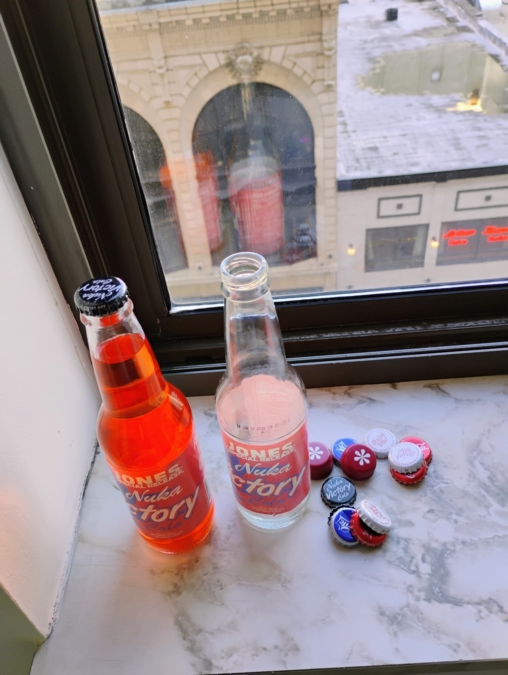
I find it odd how we always talk in this nation about how if you put your nose to the grindstone and work hard, you can reap rewards, yet when we achieve said rewards, we’re expected to do something other than celebrate. Being excited for rewards leads us to be braggadocious, insensitive, or the like. I was even told that because I preferred to be away from the madness that’s associated with a homeless shelter, I was uppity.
There’s of course something to be said about avoiding arrogance or cockiness, but when one sets out to accomplish a goal, and then accomplish said goal, that’s winning. And winning feels damn good.
I’m prone to rolling over and quitting. Either my anxiety says there’s no way I can achieve something, or my depression says I’m not worth the thing I’m achieving. But when I held those keys in my hand, just like when I saw that first Balatro “You Win!” screen, I achieved my goal. And not only did it feel great, it made me want to set another one and go for that.
That goal – the goal of looking to see how I’ve grown through all this, celebrate my victory, and show others that homelessness can be overcome – is now achieved. I may live by myself, but this apartment is a textbook definition of a full house.
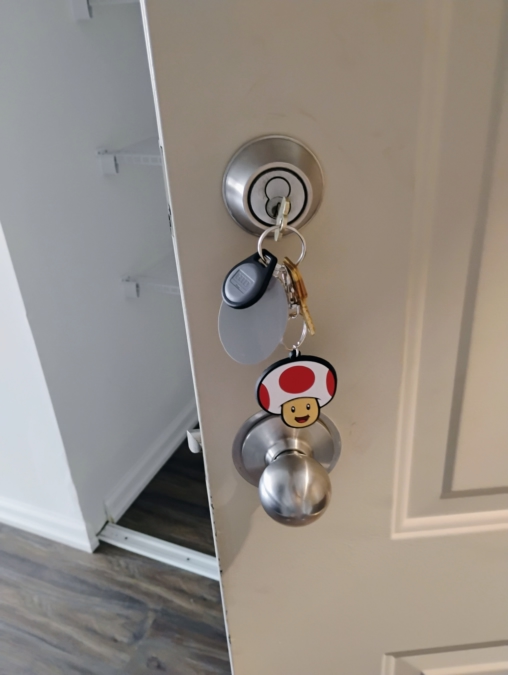
Share this article
One thought on “Friend of Jimbo: How Balatro Helped This Joker Survive and Escape Homelessness”
Join the Conversation
You must be logged in to post a comment.
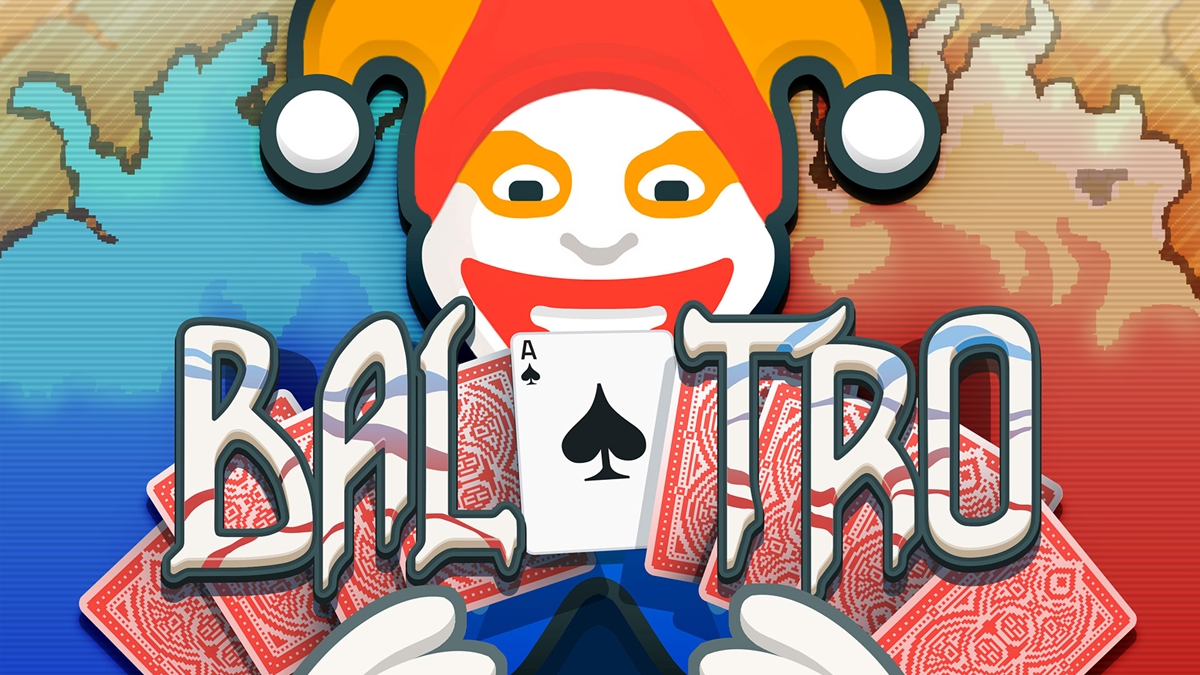
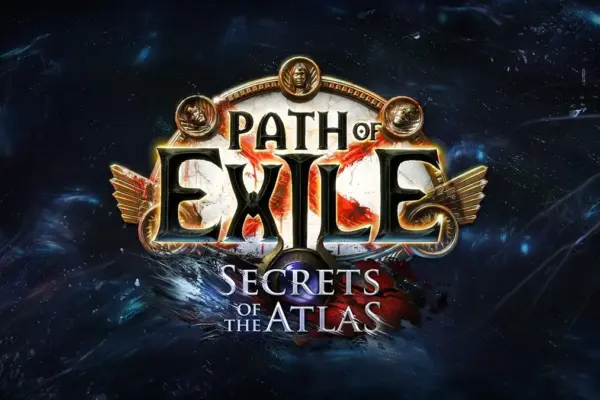

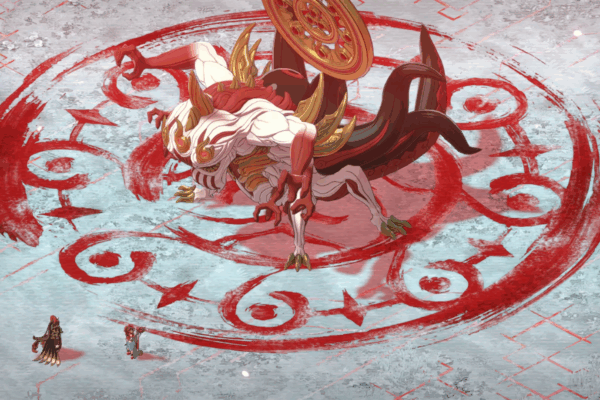
I am so happy and proud of you fam. This is a well earned victory that was well overdue. This is just the beginning of more great things your way! So, where’s your housewarming registry? 🙂